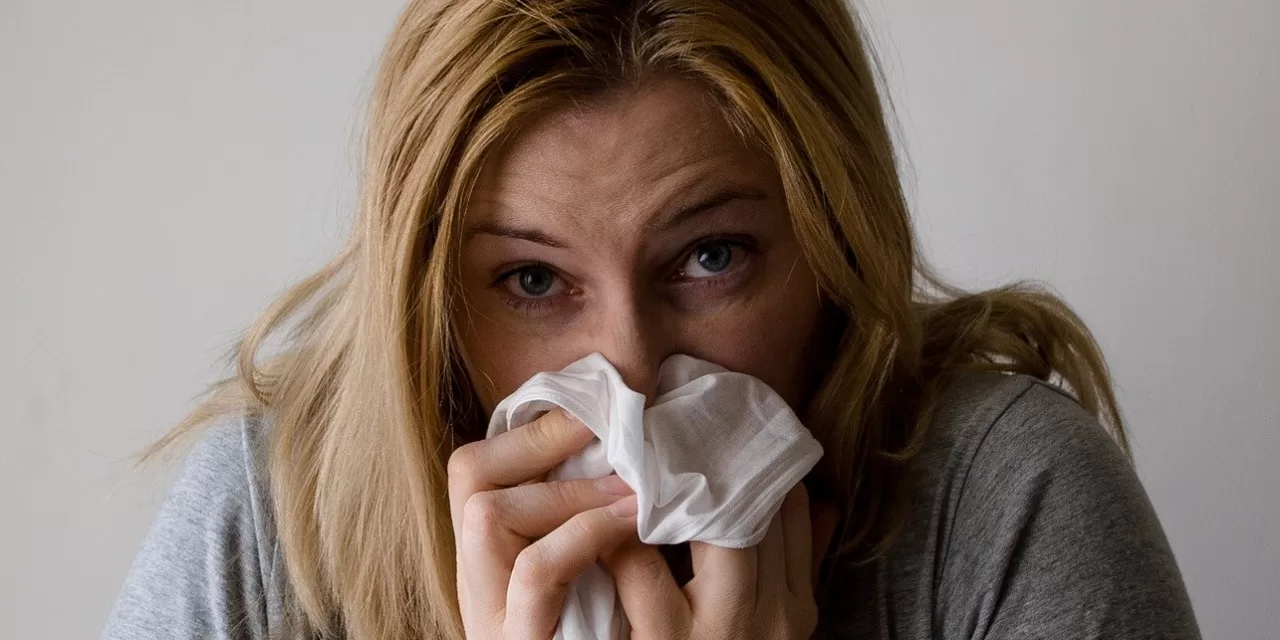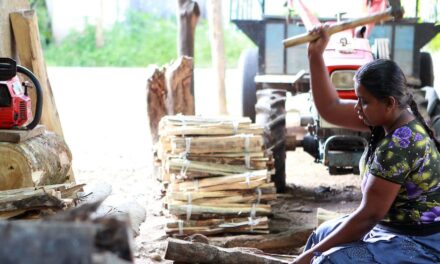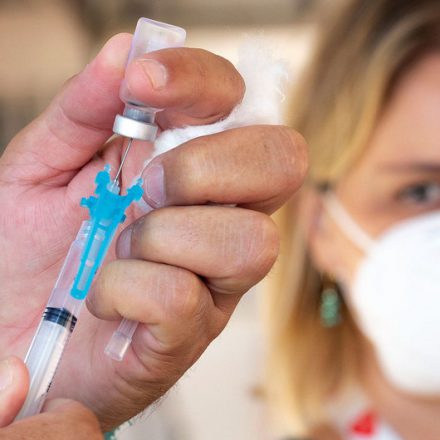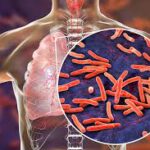February 1, 2025 – Bucharest, Romania
Romania is grappling with a significant surge in respiratory infections, as the National Institute of Public Health (INSP) reports over 133,000 cases in the week from January 20 to 26. The country has also recorded eight additional flu-related deaths, bringing the total number of fatalities this flu season to 22.
The rise in respiratory illnesses marks a troubling trend, with the latest data showing a 6.5% increase in cases compared to the previous week. Clinical influenza cases saw a sharp jump to 10,950, a significant rise from the 6,994 reported the week before. This spike in infections has prompted the Romanian Ministry of Health to issue an epidemiological alert and call for enhanced preventive measures, particularly in schools, and a greater push for vaccination.
Despite the alarming increase in cases, the vaccination rate remains disappointingly low. As of January 26, only 1.13 million Romanians have received the flu vaccine, highlighting a need for greater public health awareness.
Respiratory infections, which impact the nose, throat, sinuses, bronchi, and lungs, are caused by a variety of pathogens, including viruses, bacteria, and fungi. Common viral infections include the flu, the common cold, and COVID-19, while bacterial infections can lead to more severe conditions like pneumonia or bronchitis.
Symptoms of respiratory infections typically include coughing, sneezing, sore throat, fever, shortness of breath, and fatigue. In severe cases, these infections can lead to complications such as pneumonia, which may require hospitalization and intensive medical care.
Health experts emphasize the importance of preventive strategies, such as frequent handwashing, wearing masks in crowded areas, and avoiding contact with infected individuals. Vaccination against influenza and COVID-19 remains one of the most effective ways to reduce the risk of serious illness and death from respiratory infections.
The INSP urges the public to adhere to hygiene practices and to get vaccinated in an effort to reduce the spread of infections and protect vulnerable populations.
Disclaimer: The information presented here is based on the latest data from the National Institute of Public Health and the Ministry of Health in Romania as of January 26, 2025. Health recommendations may evolve as new data emerges. Please consult healthcare professionals for personalized advice and guidance.











